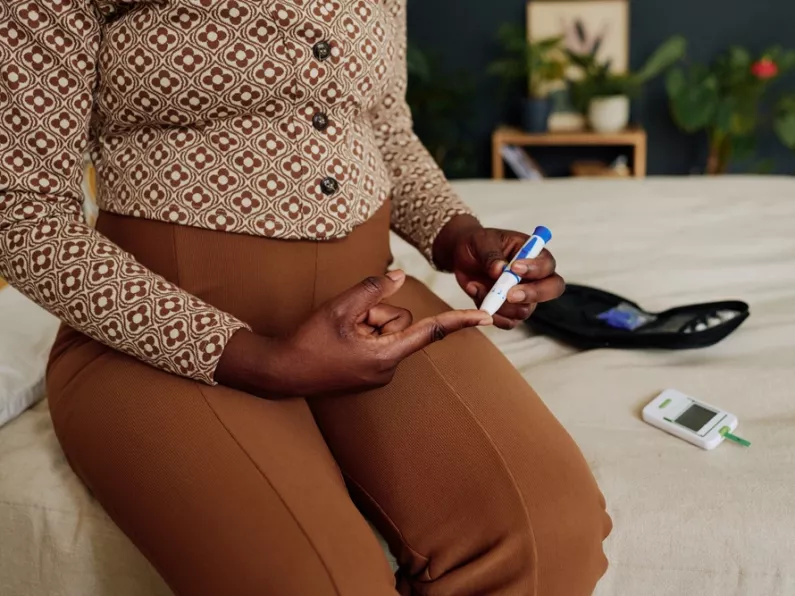Gestational diabetes is a type of diabetes that develops during pregnancy in women who don’t already have diabetes, and usually disappears after giving birth.
It can happen at any stage of pregnancy, but is more common in the second or third trimester.
It's actually one of the most common medical disorders in pregnancy.
Signs and symptoms of gestational diabetes
Diabetes happens when too much sugar stays in the blood instead of being used for energy.
Gestational diabetes occurs when your body can’t make enough insulin during your pregnancy.
Your pancreas makes a hormone called insulin that keeps blood sugar levels in the normal range. During pregnancy, higher levels of pregnancy hormones can interfere with insulin.
Usually your body makes more insulin during pregnancy to keep blood glucose normal.
But in some women, the body cannot make enough insulin during pregnancy, and blood sugar levels go up.
This leads to gestational diabetes.
The placenta makes certain pregnancy hormones that prevent insulin from working normally.
This causes increased insulin resistance and blood glucose is not kept at the normal levels.
Who's at risk?
Any woman can develop gestational diabetes at any stage of pregnancy, but it's most likely in the second half.
It typically doesn't have any symptoms, but you have a greater risk of gestational diabetes if any of the following apply:
- family history of diabetes in a first degree relative (parent, sibling or child)
- your BMI is above 30
- you are 40 years or above
- you have had an unexplained stillbirth
- you have excessive sugar in your urine (glycosuria)
- you're on long-term steroids
- you have previously given birth to a baby weighing 4.5kg or more
- you have polycystic ovary syndrome (PCOS)
- a scan shows your baby is significantly larger than average.
Symptoms
Since gestational diabetes typically doesn’t have any symptoms, your doctor will rely on your medical history and whether you have any risk factors to assess if you're at greater risk of developing gestational diabetes.
But you’ll need to be tested to know for sure and pregnant women are offered a test around between 24 and 28 weeks.
If you're at risk, you may be offered a test earlier in your pregnancy.
Related health problems
Having gestational diabetes can increase your risk of:
- high blood pressure during pregnancy
- having a large baby that needs to be delivered by C-section.
If you have gestational diabetes, your baby is at higher risk of:
- being large (9 pounds or more), which can make delivery more difficult
- being premature
- having low blood sugar
- developing type 2 diabetes later in life.
Postpartum
Your blood sugar levels will usually return to normal after your baby is born.
But about 50% of women with gestational diabetes go on to develop type 2 diabetes.
Treatment for gestational diabetes
You can personally do a lot to manage your gestational diabetes.
Actions include:
- checking your blood sugar to make sure your levels stay in a healthy range
- eating healthy food in the right amounts at the right times
- being active. Regular, moderate exercise is good. But make sure you consult your doctor
Your doctor will monitor your baby and if lifestyle changes you make aren't enough, they may prescribe medication.







